M. Night Shyamalan | 1hr 45min

The premise of a pop concert being one enormous setup to catch a serial killer is inherently absurd, but M. Night Shyamalan is nothing if not bold with his high-concept thrillers. Even more importantly, Trap strings together its set pieces with taut, suspenseful purpose, even overcoming some stilted dialogue and pacing issues with a refreshing creativity that his weakest films fail to properly develop. Here, the thrill isn’t just in navigating the narrative through the eyes of the murderer, now rendered a vulnerable target. It is that this man’s secret identity as a dorky, affable dad is so credible that we too find ourselves believing in the complete sincerity of the love he holds for his family.
Trap does not follow the template of multiple personalities like Psycho, and yet we fully believe that there are two minds who reside within one body, both working in unison. On one side we have Cooper Adams the father and firefighter, enthusiastically taking his teenage daughter Riley to a Lady Raven concert, cracking dad jokes, and defending her against bullies. On the other, there is the Butcher, a sadistic serial killer who imprisons his victims in the basements of empty houses and tortures them. It is eerie watching this sort of cognitive dissonance in play as Josh Harnett smoothly switches between both personas, forcing us to constantly question our own desire to see him either succeed or fail in his escape mission.
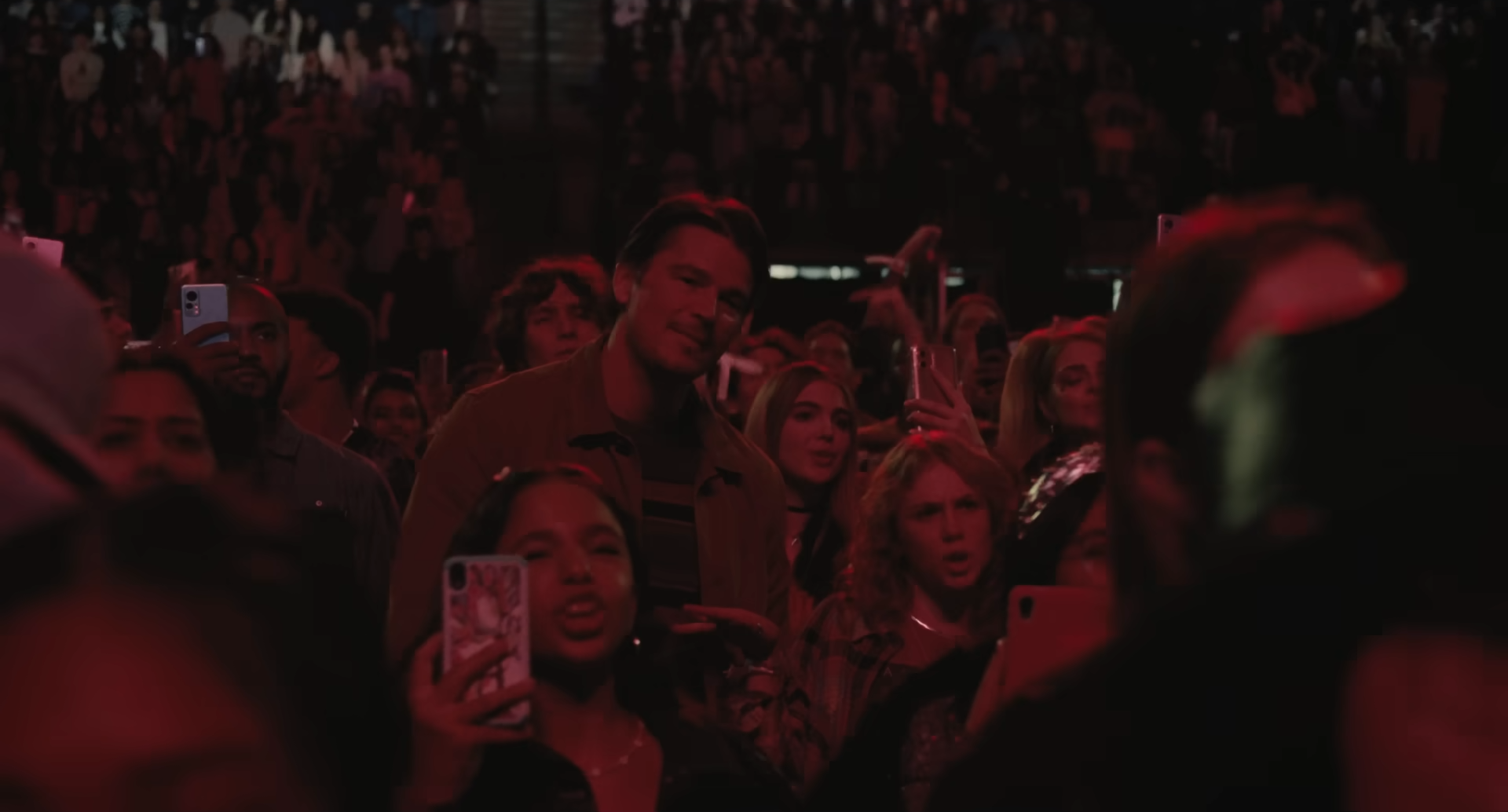
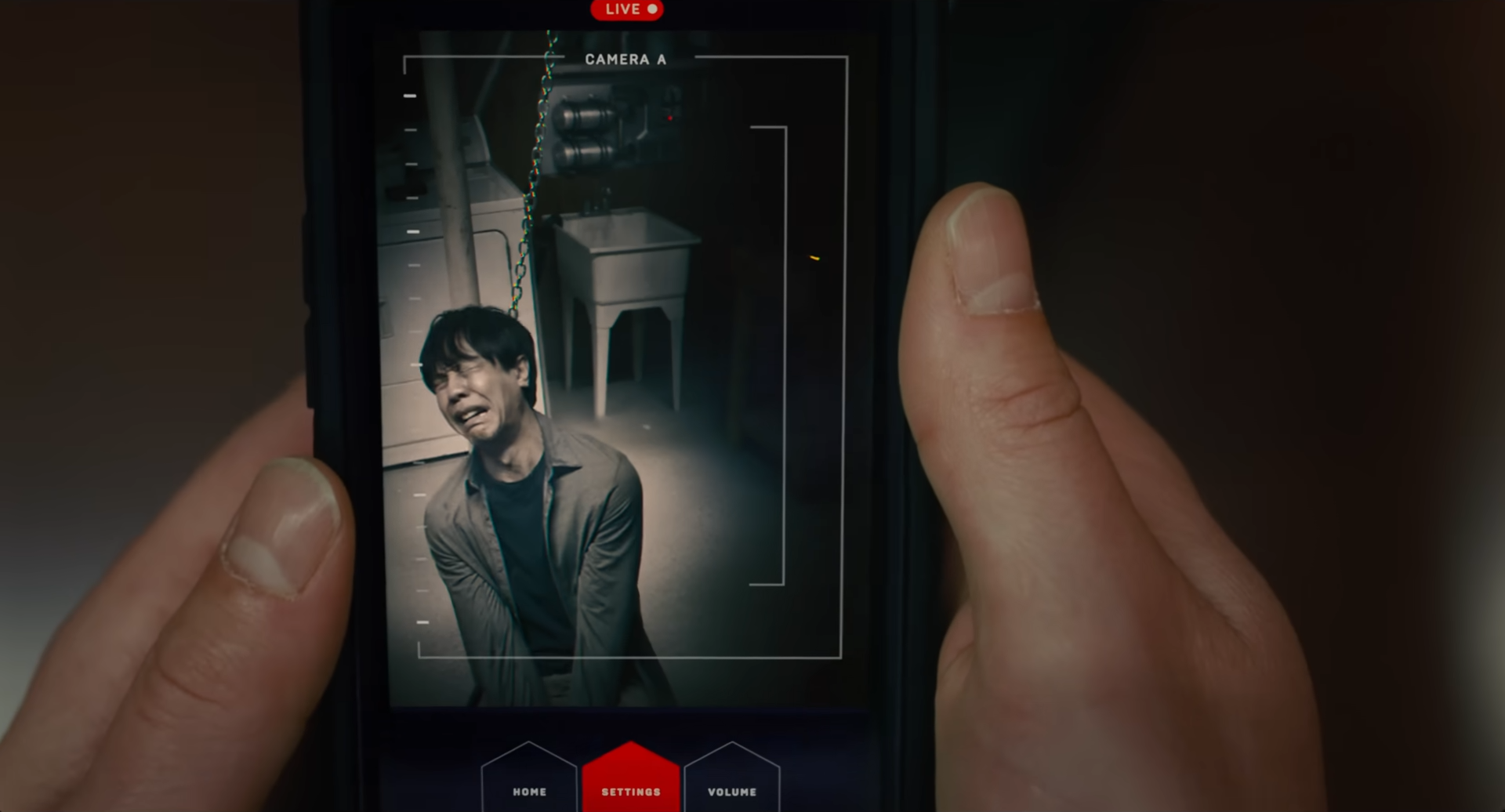
Following Shyamalan’s similar success last year with Knock at the Cabin, it appears that he is not only developing his skills as a writer, but also as a visual storyteller bearing closer resemblance to Alfred Hitchcock and Brian de Palma than ever before. Deep focus and split diopter lenses often divide the frame right down the middle, staging Hartnett in the distance as he eyes off the FBI profiler leading the manhunt, while the editing between his point-of-view and reaction shots silently key us into each plan unfolding in his mind.
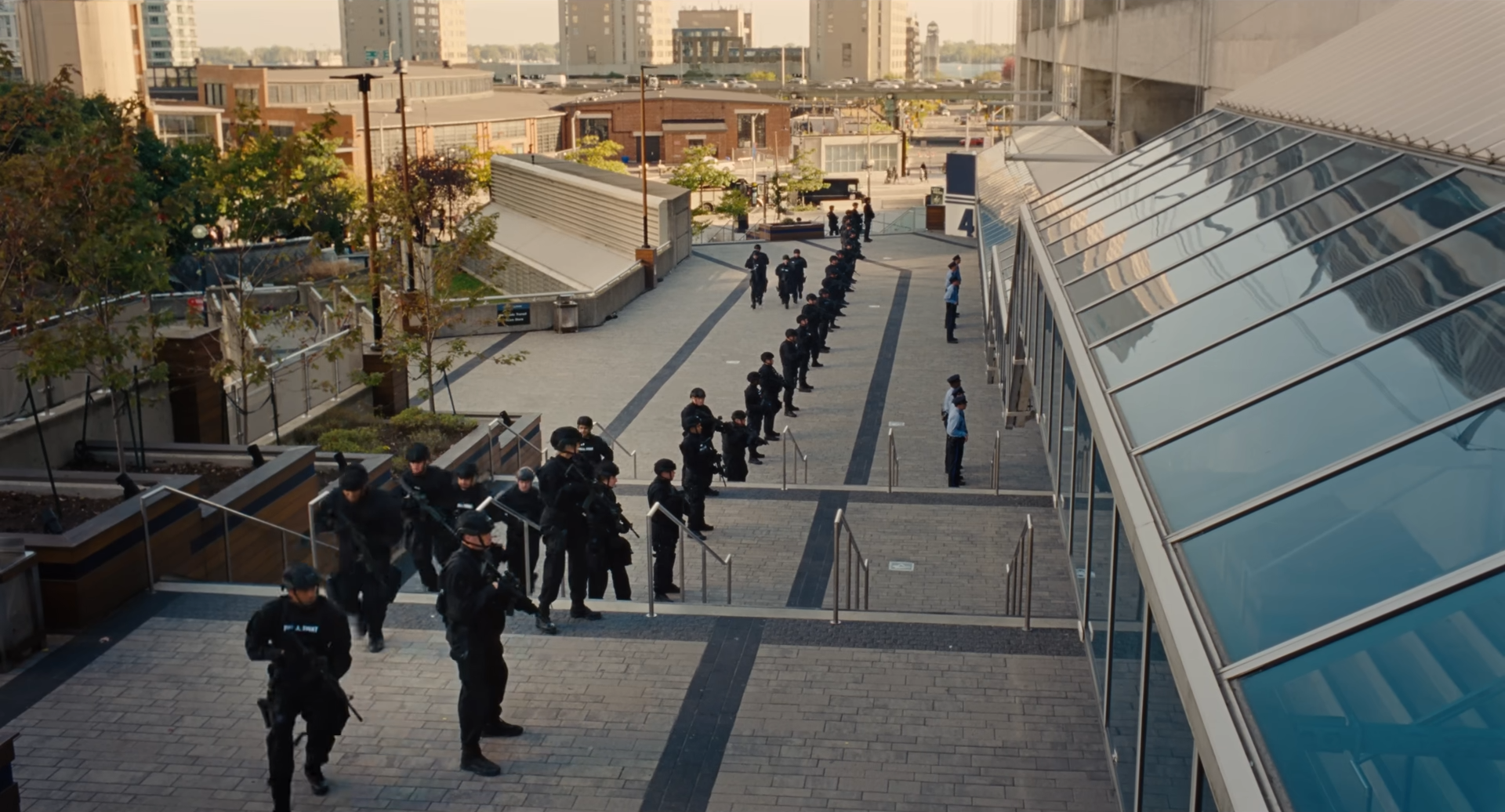
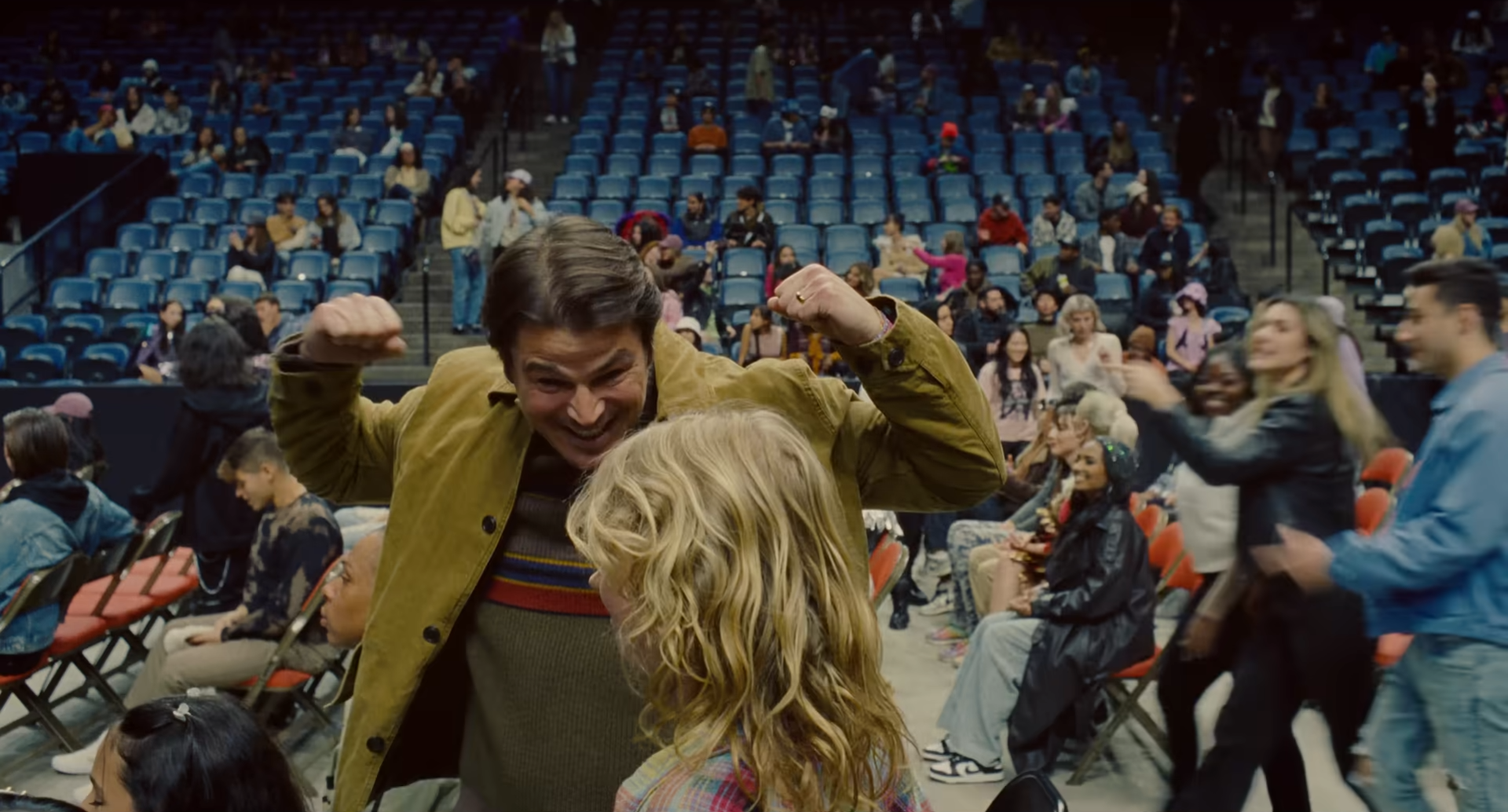
Carrying over from Knock at the Cabin as well is his penchant for shallow focus close-ups – a technique too often abused by lazy filmmakers, yet which have enormous impact when wielded with the uncomfortable intimacy that Shyamalan does here. The fourth wall breaking stares are right out of the Jonathan Demme playbook, studying every worry line and strained smile that crosses Hartnett’s visage, while Shyamalan’s zooms and low angles alternately turn him into a warped, sinister figure. Most inventive of all though is the framing which slices his face right down the middle, displaying only half of it onscreen as a visual representation of his hidden dual identities.
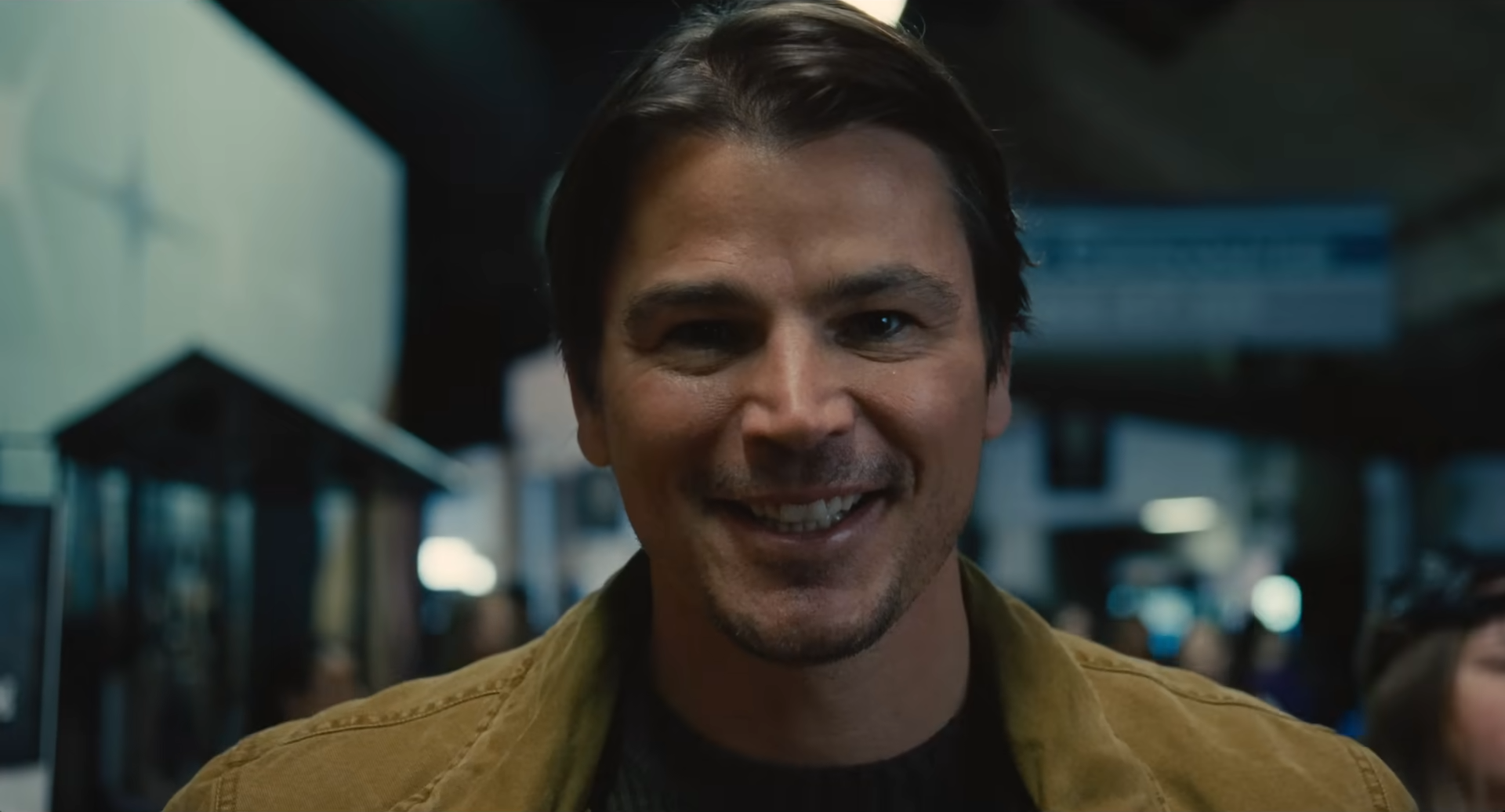
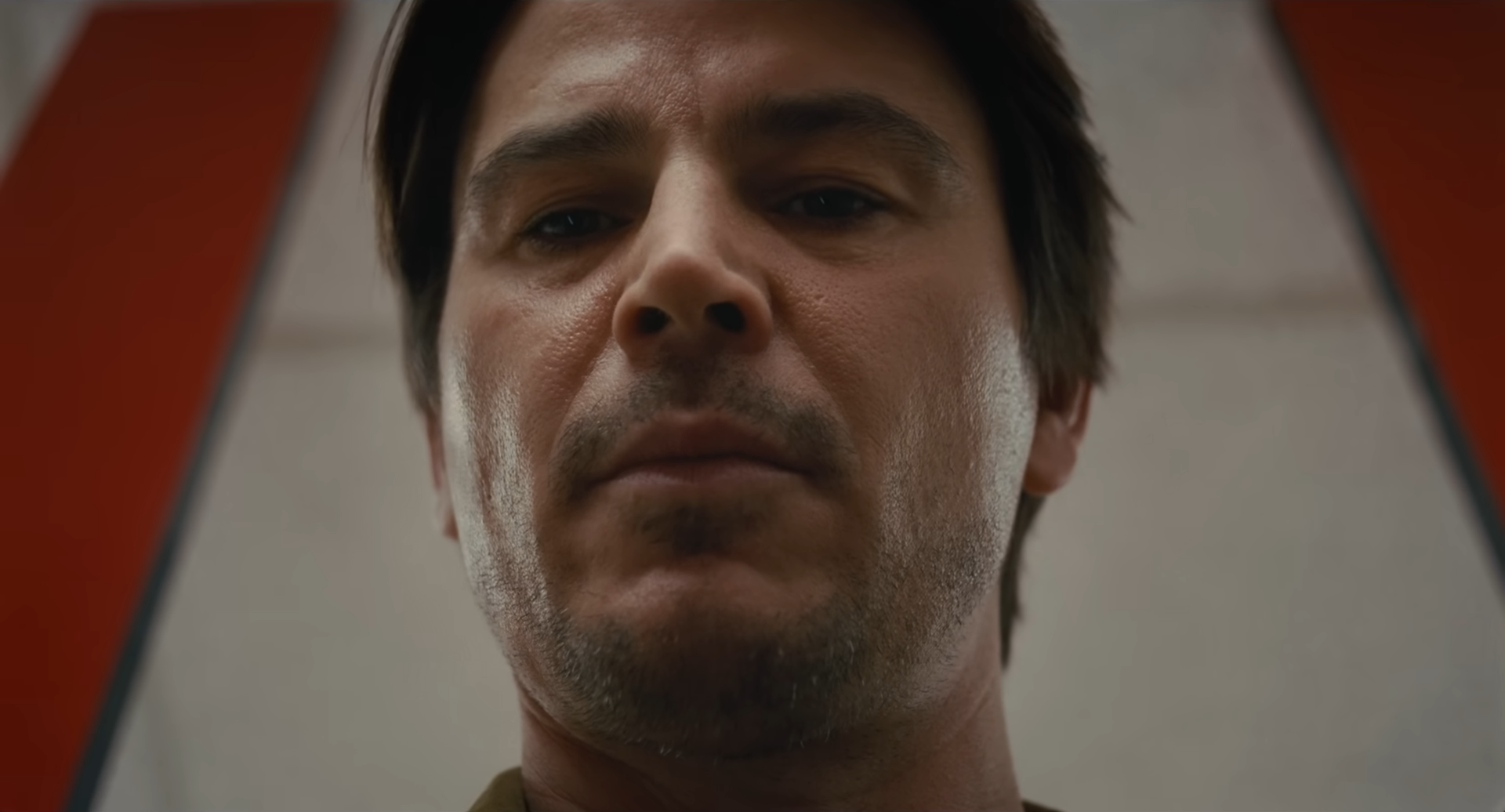
Just as Trap is starting to grow stagnant, the unexpected perspective shift which moves to Lady Raven picks the pacing back up. Here, the Ariana Grande-inspired popstar starts earning Shyamalan’s close-ups instead, highlighting a fine film debut from his daughter Saleka whose enormous, expressive eyes dominate the screen. As she takes charge, our alliance begins to shift, and the walls finally begin to close in on Cooper – though we have learned by now he is not one to be underestimated. Even when he is cornered in the tightest of spaces, his ability to stealth his way out is equivalent to that of an escape artist, straining credulity by the final act.

It is during these last few scenes that Shyamalan shifts our perspective again to a third character, though one who enters the film far too late to earn its climactic payoff. This also coincides with the sudden disappearance of Lady Raven from the narrative – another significant formal misstep that denies her arc a proper resolution. That Shyamalan fumbles the landing is no great surprise, but it is nevertheless disappointing given the relative strength of his storytelling throughout the rest of the film. As much as its tantalising final seconds somewhat make up for this, Trap works best when it is drawing a captivating divide down the middle of Cooper Adams and the Butcher, grappling with the internal, antagonistic pairing of a father and murderer as unlikely partners in crime.
Trap is currently playing in cinemas.
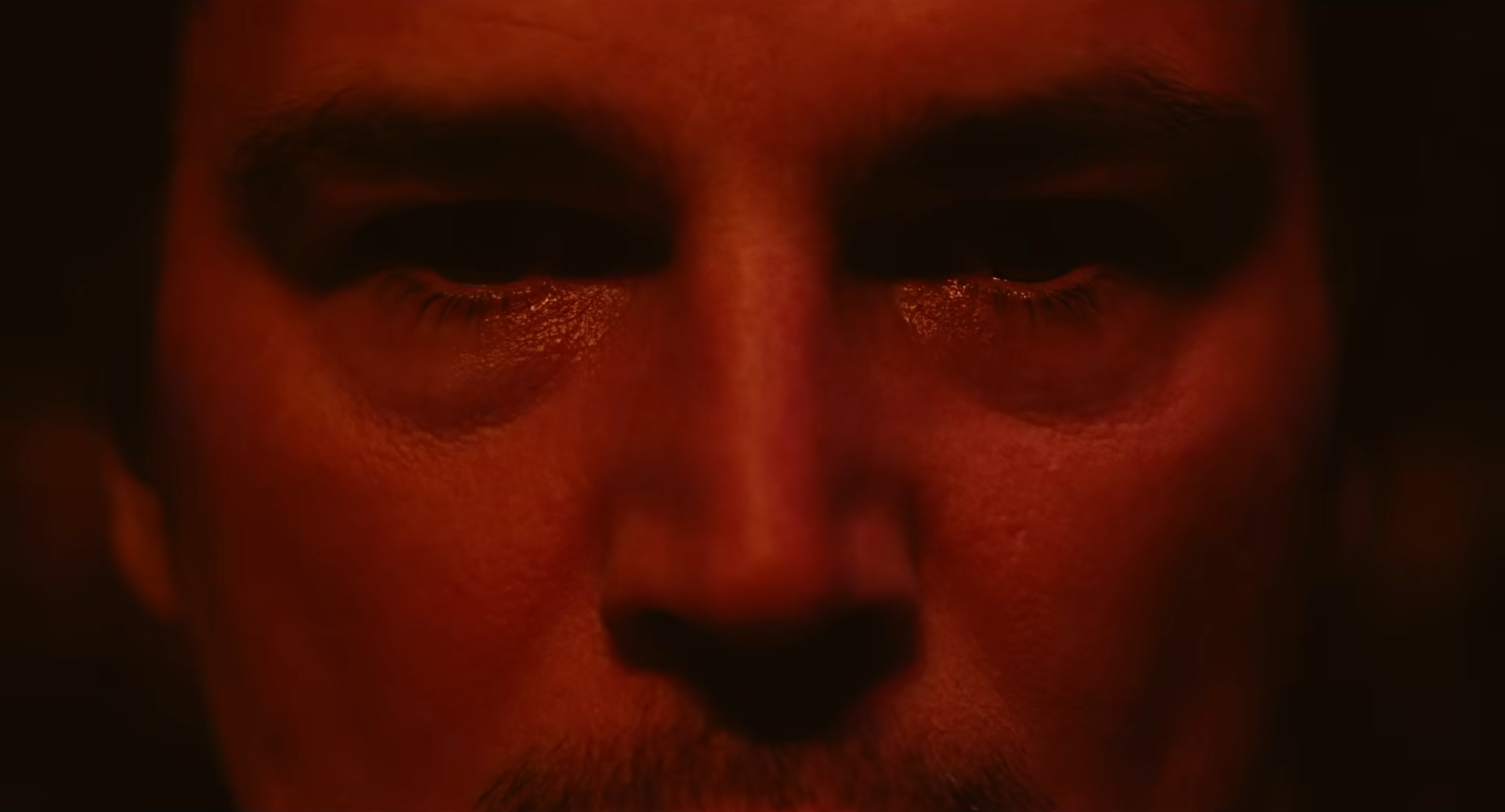

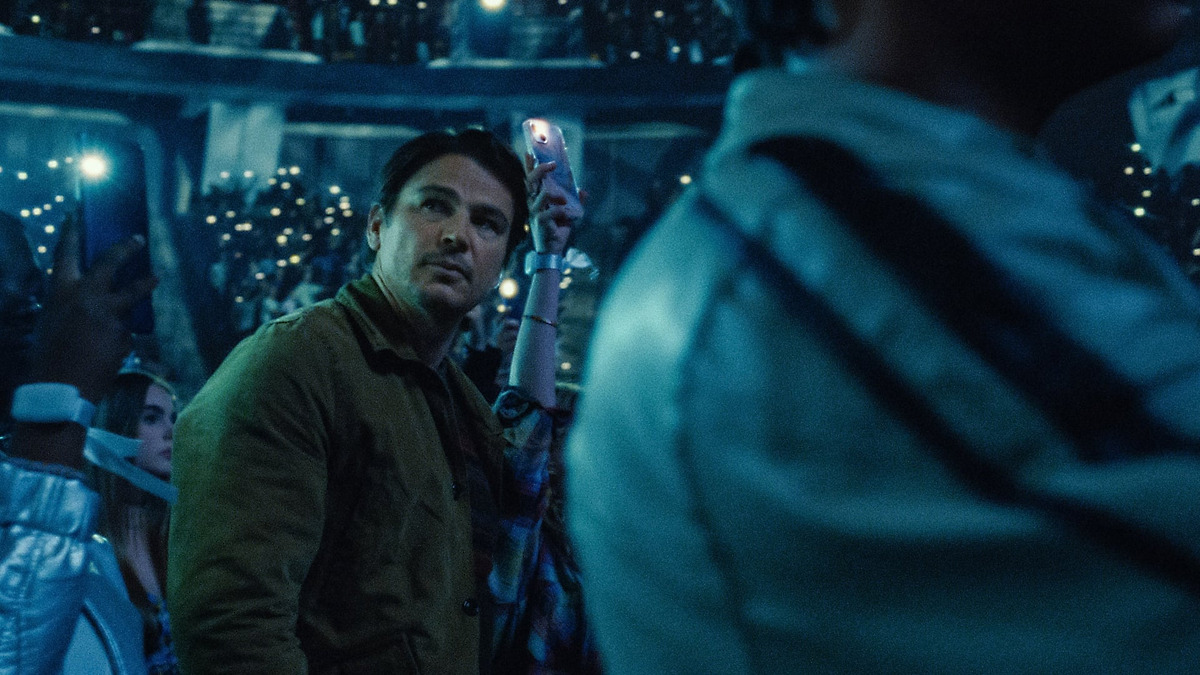
Did you see Old from Shyamalan with Gael Garcia Bernal and Vicky Krieps?
I didn’t, haven’t really seen many positive reviews on it.
Not like Trap has many positive reviews either. The premise of Old sounds interesting.
Ebert gave negative reviews to A Clockwork Orange, Blue Velvet, and didn’t recognise the greatness of The Godfather Part II right away either. By those standards it’s almost impossible to consider anyone trustworthy since there will inevitably be disagreements, even if they are using a similar set of criteria. For me it’s more about the overall track record and what features of a film they emphasise in their writing.
Not like Trap has many positive reviews either. The premise of Old sounds interesting.
Maybe not, but I struggled to find many people arguing for Old’s cinematic qualities, unlike Trap which most people have at least agreed establishes a solid aesthetic.
It’s a fine line. I guess you are saying this because Trap is more recent. But they still have similar reviews on both Metacritic and Rotten Tomatoes and made by the same director.
I’m aware of their aggregate scores, and no I don’t believe it is because one is more recent. This is based on the reviews of critics I trust and follow like Justin Chang. I wouldn’t be against watching Old though.
Justin Chang has given negative reviews to Civil War, Kinds of Kindness and Dune: Part 2. And that’s only 2024. Not sure he is someone that can be trusted.
It’s a fine line. I guess you are saying this because Trap is more recent. But they are still made by the same director and has similar aggregate scores on both Rotten Tomatoes and Metacritic.
This is the first time I encountered it. But my comments disappear after I post them in this page.
I’m not saying anyone can be perfect. But it’s pretty head scratching when the critic you recommend has missed the mark on 3 of the best films of the year so far. (Kinds of Kindness, Civil War and Dune: Part 2.
Man I loved that split diopter they brought out here too with Hartnett and Mills. Definitely channeling De Palma.
Pingback: 2024 in Cinema – Scene by Green